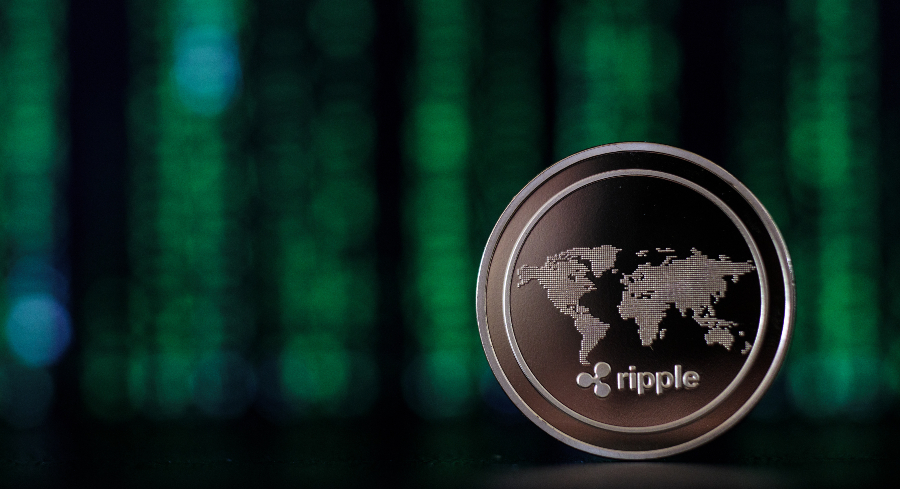- Regulators expressed concern over North Korean actors using OTC for illicit foreign exchange transactions
- Amount of illicit foreign exchange transactions through crypto was worth $4 billion last year
Regulators in South Korea have shifted their focus to over-the-counter (OTC) crypto trades as concerns over their illicit usage grow.
A local news platform has reported that senior officials from the Financial Services Commission (FSC) and other regulatory bodies attended a session on “Criminal Legal Issues Related to Virtual Assets.” The session focused on unregulated OTC crypto trading.
FSC deputy chief prosecutor Ki No-Seong stressed regulating the OTC crypto market to address concerns around money laundering. No-Seong said that OTC crypto platforms are based abroad, and many of them felicitate laundering illegally obtained crypto assets into fiat currencies such as the Korean won. He recommended categorizing such companies as “undeclared” crypto trading businesses.
OTC platforms are different from regulated crypto exchanges. Users can trade unlisted crypto assets on these platforms that aren’t available on regulated exchanges. Primarily used by high-end investors, these platforms offer anonymity to the traders.
Officers underlined that while there are 192 cryptocurrencies listed on the country’s largest crypto exchange Upbit, OTC platforms offer up to 700 cryptocurrencies for trading. Several exchanges have also come up over time to felicitate OTC crypto trading, acting as a kind of “black market” and “epicenter” of crypto-related crimes.
The regulators expressed concern at the fact that North Korean actors used OTC for illicit foreign exchange transactions. OTC platforms have also been found to launder crypto assets obtained through hacking or ransomware.
Finally, citing the Korea Customs Service, the report mentioned that the amount of illicit foreign exchange transactions through cryptocurrencies was worth $4 billion (5.6 trillion won) last year.
Crypto-scandals compel the country to make stringent laws
Remember that South Korea was home to Terraform Labs that collapsed in May last year. The disastrous event led to a long crypto winter, the effects of which we can witness even today.
This year, even a murder took place in Seoul, reportedly due to a failed crypto investment.
Due to these scandals, regulators have implemented several stringent measures to regulate crypto activities in the country.
Towards the end of June, the National Assembly of South Korea passed the Virtual Asset User Protection Act. Earlier, the parliament passed a law in May that requires lawmakers to disclose their crypto holdings. In July, the FSC implemented a similar rule but for companies. All the companies would need to disclose their crypto holdings beginning next year.
In late July, the country launched an interagency investigation unit to combat crypto-related crime. Last month, South Korea passed guidelines that directed crypto exchanges to allocate at least $2.3 million or an equivalent of 30% of their daily average deposits as reserves.
The authorities are taking all the measures possible to ensure no more crypto scandals take place now.
Credit: Source link















































